Insulin resistance describes a state where the cells of your body become resistant to the effects of the hormone insulin. Insulin is released from your pancreas in response to the presence of glucose in your bloodstream (i.e. after a meal) to help the glucose get into your cells and be used for energy.
When cells are resistant to insulin, they don’t respond to the knock-knock of insulin and let the glucose in. As a result, your pancreas sends out more and more insulin to try to get glucose out of the bloodstream, into the cells. In severe cases, this can lead to failure of the pancreas to produce enough insulin – type II diabetes.
Here’s how insulin resistance works
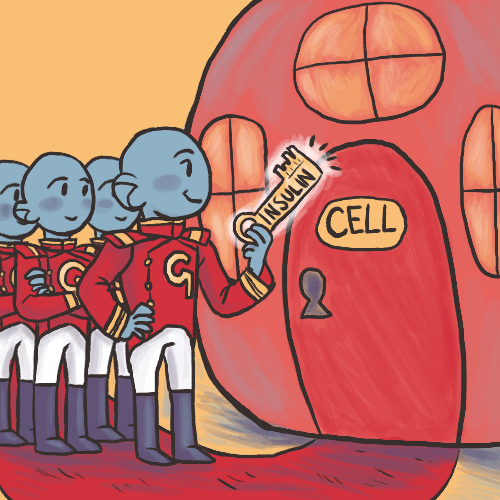
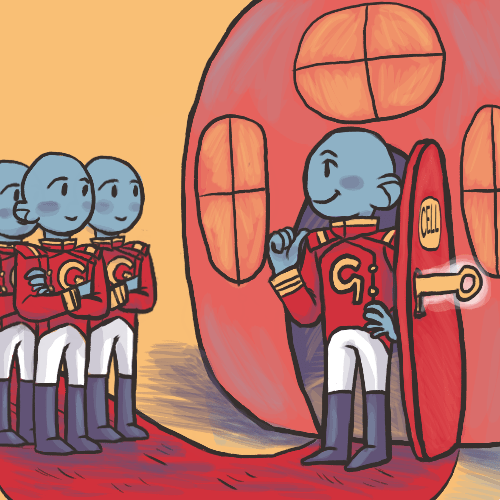
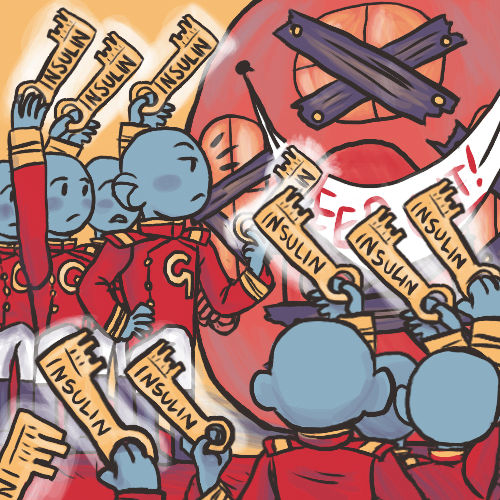
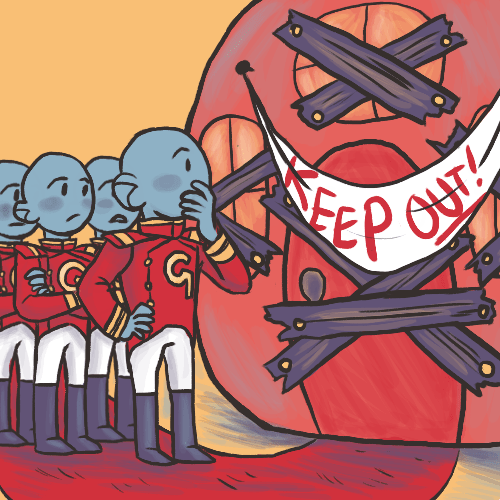
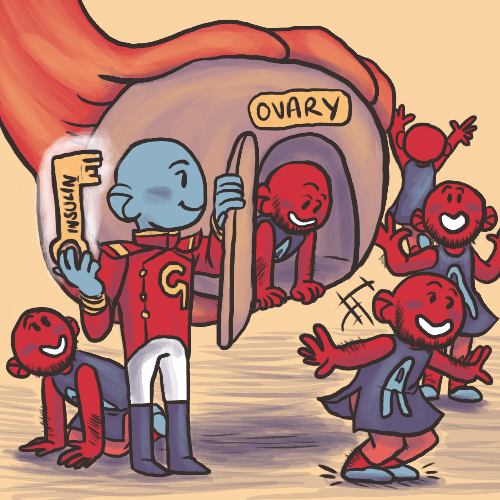
Who gets insulin resistance?
Conditions linked to insulin resistance include polycystic ovarian syndrome, acne, hirsutism, fatty liver, heart disease, metabolic syndrome (pre-diabetes) and infertility in women.
You are far more likely to become insulin resistant if you:
- Are obese or overweight
- Are genetically predisposed
- Don’t exercise
- Eat a lot of sugar and refined carbohydrates
How do I know if I have insulin resistance?
Most often you don’t, however sugar cravings are a strong sign. If you can’t keep away from sugary treats of refined carbohydrates (think pasta, pastries, cakes, cookies and bread) for even one day, if you could kill for a chocolate bar at 3pm, or if fizzy, sugary drinks or other high-sugar treats are part of your everyday life, you could have insulin resistance.
Or if any of the above dot points fit you, you should have your insulin and glucose levels tests by your doctor. If they are high, you may need to look further into managing this.
How do I treat insulin resistance?
Change the things that you can change. You can’t change your genetics but you can lose weight, exercise more and quit sugar and refined carbohydrates. It won’t be easy at first, but the results will be worth it. Insulin resistance and its associated diseases are reversible. Read more about managing insulin resistance in PCOS.
What to do if you have PCOS
If you have polycystic ovarian syndrome (PCOS) we have written a book just for you that will help you overcome insulin resistance and manage PCOS naturally and effectively.
You should be formally diagnosed, and once that happens, you can visit a qualified, experienced practitioner who specialises in PCOS to help you.






